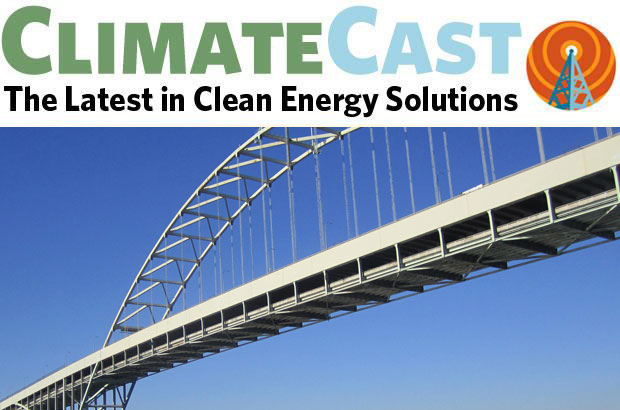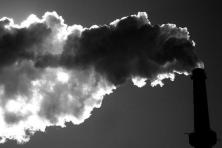Washington climate advocates organize for progress in 2021
Monday marked the start of Washington state's 2021 legislative session; hearings, debates and other business will take place largely online. Legislators are facing a robust to-do list including a number of climate and clean energy-related proposals, while also attending to present crises of systematized racism and the COVID pandemic.
Climate Solutions has published an outline of climate action priorities for the session, including the Clean Fuel Standard which would serve as a foundational policy to reduce climate and air pollution from our transportation sector. Key bills under consideration also include the HEAL Act which helps address climate reparations and environmental justice.
The year of the EV
2021 could mark a huge leap forward for electric vehicles in the United States. Biden’s EV-related campaign promises include creating incentives for building EV charging stations, reinstating federal EV tax credits, launching government-funded EV research programs, developing a cash-for-clunkers trade-in scheme, and reinstating federal fuel economy standards that were eviscerated by the current administration.
Automakers have been introducing a new wave of electric vehicles equipped for longer ranges and broader market appeal, aiming to overcome perceptions of EVs as either luxurious trappings of the wealthy or spartan compact cars out of touch with many American drivers’ needs. Manufacturers are also continuing to expand EV technology in heavier vehicles. Monarch Tractor has introduced a battery electric "smart" farm tractor with limited self-driving and semi-autonomous programming capabilities, and battery life sufficient for full days of farm operations.
Massachusetts has joined California and New Jersey in pledging to end sales of new gasoline-powered vehicles by the year 2035. In Oregon, Portland General Electric and PacifiCorp, two of the state’s largest energy utilities, announced plans to allocate over $8 million in earned Clean Fuels Program credits for transportation electrification projects across the state. Millions of that investment will be directed to projects led by people of color and benefiting frontline or traditionally underserved communities.
High hopes for federal climate policy under new administration
January is always a month for setting good intentions, raising up ambitious goals, and hopefully closing the door on past tragedies and mistakes; perhaps more so in January 2021 than in any year in recent memory. President-elect Biden will be sworn into office next week, and his transition team is still filling climate justice and clean energy positions at the White House. Climate advocates anticipate a swarm of action as agencies and departments reverse course from the destructive Trump years and turn policy towards climate progress.
Forbes asked a group of energy policy experts what steps the US should take in clean energy innovation; predictions included a number of major steps towards a clean and just transition: a banner year for building electrification, states planning their transition away from gas, action towards a new federal Clean Energy Standard, and a trend toward clean energy investments informed by environmental justice principles, benefiting frontline communities. Looking ahead, journalist Phoebe Cooke notes that the pressure will be on for the pandemic-delayed COP 26 meeting in Glasgow, where she expects air quality to be a major concern in the aftermath of the COVID pandemic.
More:
- Five reasons to be optimistic about clean energy in 2021 (IISD)
- A fair clean energy transition will make a stronger society for all (EcoWatch)
- 2021 is the year cities should get serious on climate (City Observatory)
- It’s time for America to finally take on big oil (Business Insider)
Deeper reading
A deeply researched article by Peter Fairley kicks off Investigate West’s new year-long investigative project, Getting to Zero: Decarbonizing Cascadia. Provocatively titled “A Lost Decade: how climate action fizzled in Cascadia,” the piece reviews the ongoing regional efforts to meet the aggressive carbon-reduction targets set by Washington, Oregon and British Columbia. The results, Fairley concludes, have been mixed at best: “measures to meet the climate goals set in 2007-2008 prevented some emissions, and may ultimately drive reductions. But Earth’s climate doesn’t give A’s for effort.
The article is well worth a deep read, drawing together many threads of climate advocacy, including opposition to coal exports, youth lawsuits intended to hold state governments accountable for climate inaction, and carbon pricing initiatives, among others. Fairley asks, “why is environmentally conscious Cascadia stuck in first gear?” But the article downplays the role of unrelenting fossil fuel industry pressure to kneecap efforts to target emissions in energy, transportation, and other sectors. Investigate West’s series will continue.





